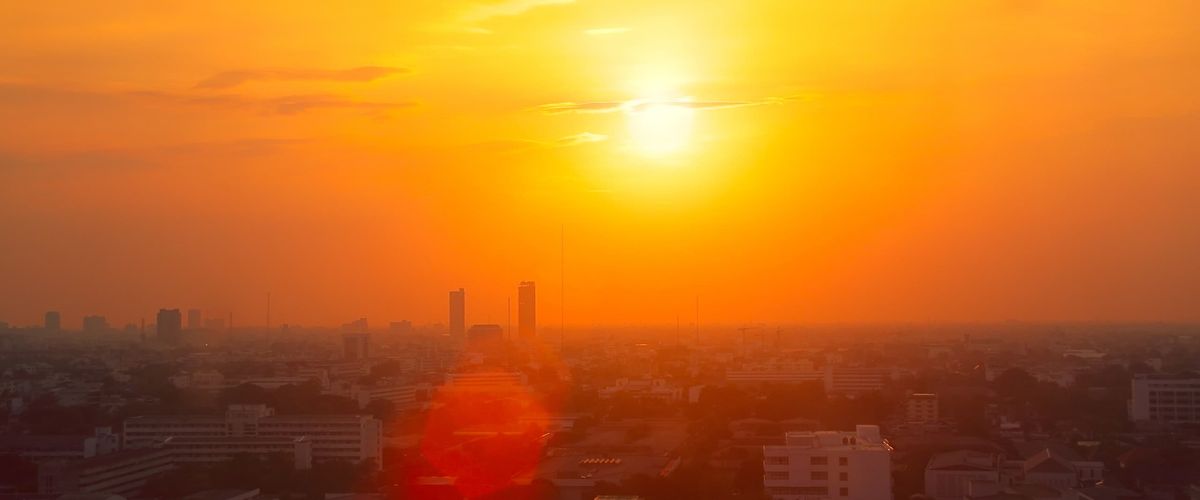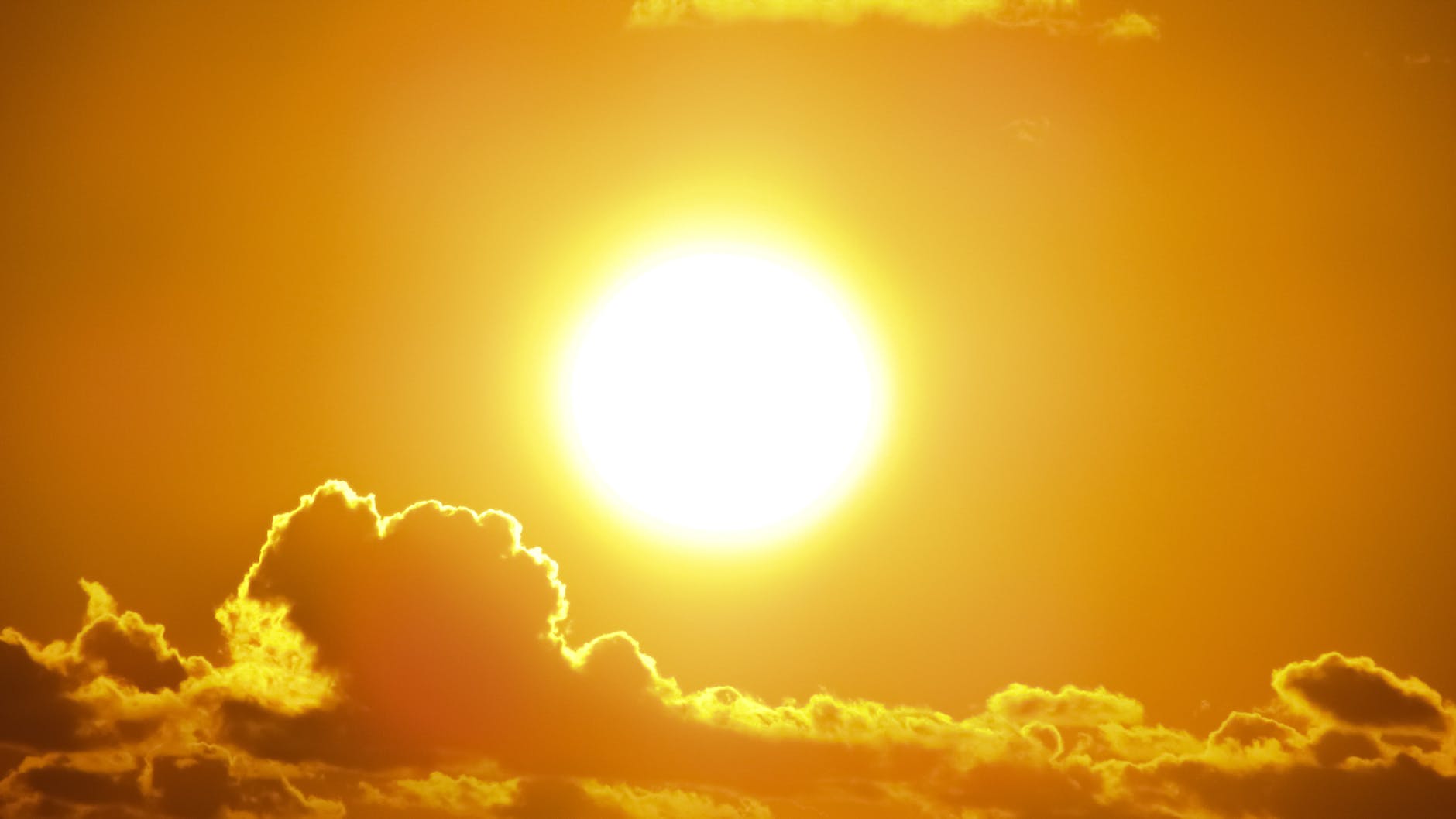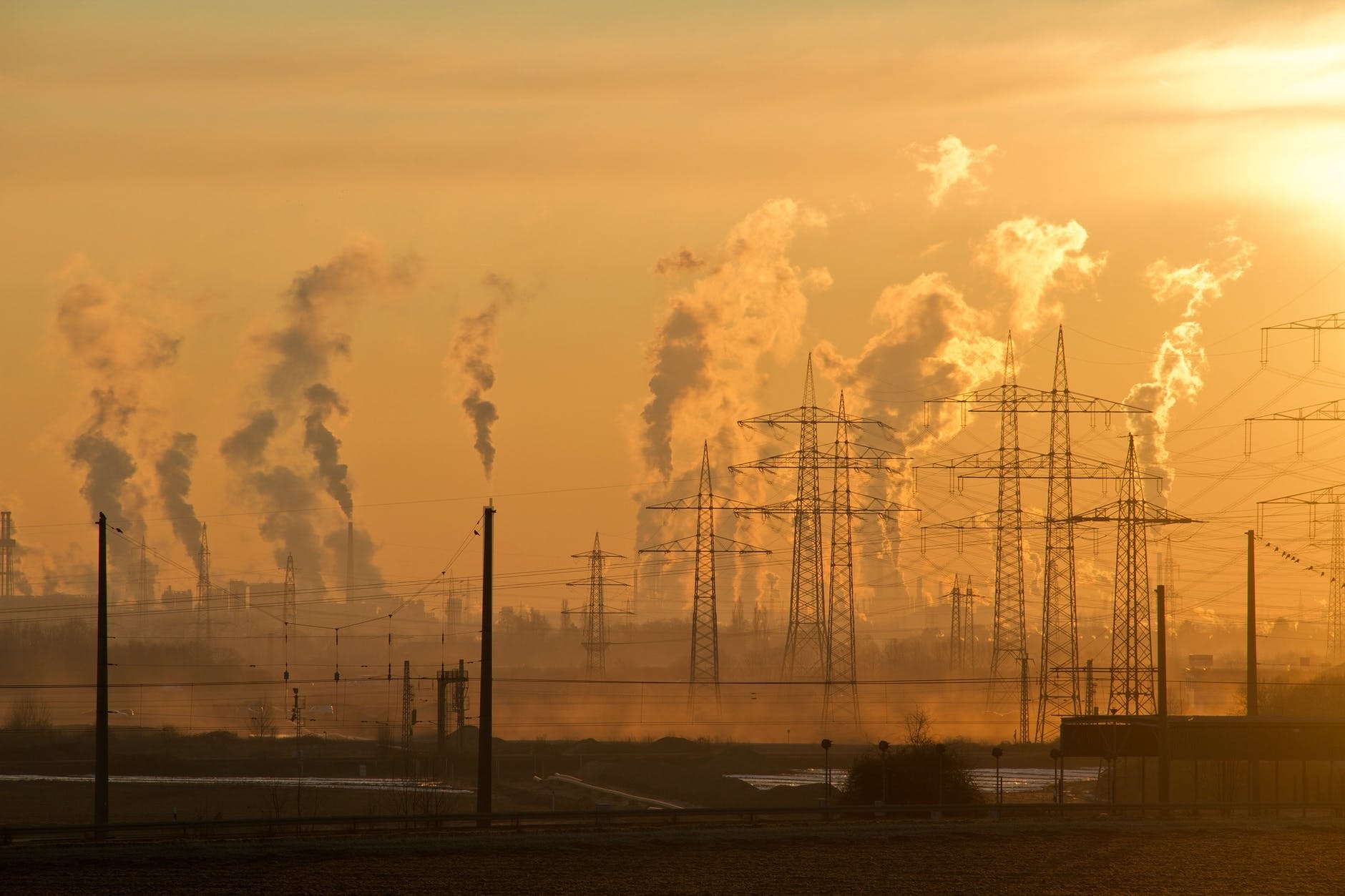How does climate change cause heat waves?

A few minutes every morning is all you need.
Stay up to date on the world's Headlines and Human Stories. It's fun, it's factual, it's fluff-free.
Climate change is receiving more attention than ever and is linked to issues like rising sea levels, shrinking glaciers and extreme weather, like heat waves. Simply put, a heat wave is when the weather becomes unusually hot for multiple days. They are just one example of extreme weather, and their effects are intensified by climate change.
To help better understand heat waves and the threats they pose, it’s important to know what heat waves are, their causes, how they are dangerous and how climate change contributes to them. With severe weather phenomena becoming more common, we must understand their causes and effects to do what we can to address them.
What are heat waves?

The National Oceanic and Atmospheric Administration (NOAA) defines a heat wave as “a period of unusually hot weather that typically lasts two or more days.” Unusually hot weather simply refers to temperatures outside an area’s historical average maximum temperature.
Heat waves are one example of “severe weather.” Severe weather refers to meteorological phenomena that can cause extreme damage, loss of human life and social disruption. Examples of severe weather include blizzards, hurricanes, thunderstorms and tornadoes. These are becoming more and more severe with climate change.
What are heat wave temperatures?
Since heat waves are judged on a per-area basis, there is no standard maximum or minimum temperature to be considered a heat wave. So, it really just depends on the historical averages and typical temperatures of the area over time.
How do heat waves form?
According to the NOAA, when the air becomes trapped above an area, it sinks, trapping warmer air near the ground where it continues to heat up. This phenomenon is caused by a high-pressure system moving into a region and forcing air downward.
How long does a heat wave last?
NOAA defines heat waves as a period of unusually hot weather that lasts two or more days. The United States Environmental Protection Agency (EPA) also goes off of this definition. That is just the minimum number of days, but heat waves can last much longer until the conditions improve.
However, one significant consequence of climate change is that heat waves now last for more extended periods. As global warming takes its toll and overall average temperatures rise, the planet must deal with more severe weather phenomena.
What causes heat waves?

As we mentioned before, heat waves are caused by high-pressure systems trapping air near the ground and causing it to further heat up. High-pressure systems are naturally occurring phenomena on Earth, which can also be said for heat waves. The issue that climate change poses is the intensification of heat waves.
Global warming and changing weather
The EPA keeps track of a set of climate change indicators that help track climate change and its impacts. For example, heat waves are an indicator of warmer weather on the planet. According to their data, heat waves have become more frequent and intense with warming temperatures and will continue to do so.
So, why is the weather changing? With an increase in greenhouse gas emissions caused mainly by human activities, more heat is trapped by the atmosphere due to the “greenhouse effect.” This is what is referenced by the term “global warming.”
While measured on a global scale, these warming temperatures also can be felt on an individual level. Warm summers become sweltering ones, and typically longer winters become shorter. Global warming presents itself in other ways as well, but these effects are becoming more commonly noted.
Does global warming cause heat waves?
When global warming is mentioned alongside heat waves, it begs the question: ”how does global warming affect heat waves?” This is due to global warming intensifying the effects of heat waves. As indicated by the EPA, as average temperatures have increased, the threshold of a heat wave also increases. This means when a heat wave occurs, it arrives much hotter than before while also extending the duration and frequency of these events.
If global warming is left unchecked, record heat waves will continue to occur and heat storms will become even more commonplace.
How does climate change cause heat waves?

Is climate change the same as global warming?
They are often mentioned together or interchangeably, but it is important to note that climate change and global warming are related but have different meanings. The National Aeronautics and Space Administration (NASA) explains that climate change refers to the wide variety of changes happening on the planet. This includes sea levels rising, melting glaciers, changes in plant life and global warming. On the other hand, global warming refers explicitly to the warming of the planet, usually due to human activity.
The difference between global warming and climate change is that global warming is just one aspect of the much broader issue of climate change.
How does climate change cause heat waves?
As the earth warms up degree by degree, the environment will naturally rise in temperature. Therefore, as warmer weather conditions become more common, heat waves are intensified.
Can heat waves cause droughts?
According to National Geographic, a drought occurs when an area receives below-average precipitation. Heat waves and droughts are more frequently occurring together, and they contribute to worsening each other. Both provide the extreme conditions necessary to cause long periods of intense heat.
Why can heat waves be dangerous?

The dangers of heat waves and extreme heat to people
The effects of heat waves are sometimes considered less relevant than other severe weather phenomena like hurricanes. However, the NOAA notes that heat waves are responsible for more loss of life than all other severe weather events combined (in the US). The effects of heat waves on humans can include things like dehydration, heat stroke, heat cramps and heat exhaustion in addition to death.
The danger of heat waves to the environment and agriculture
The effect of heat waves on the environment is also a pressing issue. Extreme temperatures play their part in the destruction and depletion of plant and animal life. Heat waves can contribute to wildfires on top of depriving plant life of adequate moisture and the optimal conditions needed to survive.
How to protect yourself and stay safe during a heat wave
With heat waves becoming more common due to climate change, it is important to know how to be cool during a heat wave. Staying hydrated and remaining indoors with air conditioning when possible or having access to shaded areas is important.
On top of taking your own precautions, local governments are also being incentivized to handle the heat better and provide reliable heat advisories or excessive heat warnings. Follow local guides on how to stay cool by adhering to tips like staying hydrated and remaining indoors. With more reliable heat advisories and keeping shade around the city and keeping cooling stations open, governments have a duty to help their citizens combat high temperatures.
Even with precautions in place, it is important to be wary and understand the signs of heat exhaustion. Dizziness, fainting, fatigue, headaches, nausea and blurred vision are some common signs that you may be suffering from heat exhaustion or another heat-related illness.
How can we be prepared?

With the current state of climate change, heat waves and other severe weather will become more common in the near future. Therefore, it is important to understand the effects of these events, so we can be better prepared to face them.
It is also important to understand the causes so that we may begin to address them. For example, addressing the problem of climate change is one way we can address the problem of heat waves and protect our future from the threat of extreme heat.
Have a tip or story? Get in touch with our reporters at tips@themilsource.com




Comments ()